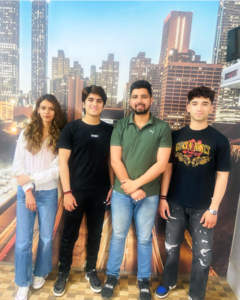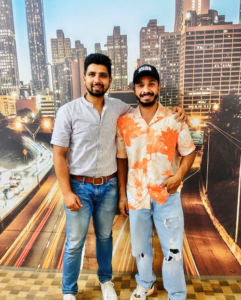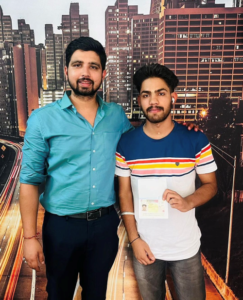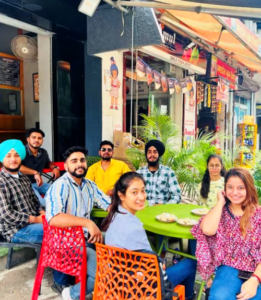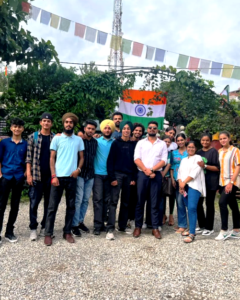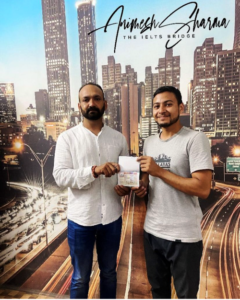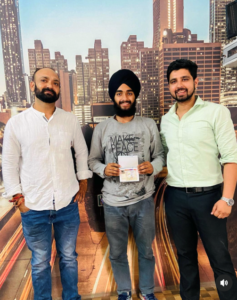Question – Describe a traditional festival (or tradition) that is important in your country.
You should say:
– when the festival occurs
– what you do during it
– what you like or dislike about it
– and explain why this festival is important.
- Diwali, also known as the Festival of Lights, stands as one of India’s most significant festivals, celebrated in the autumn season between October and November—a personal favorite of mine.
- The five-day festivity envelops the entire country in a joyous atmosphere, marked by unique rituals and significances for each day.
- Preparations commence well in advance, with people cleaning, adorning homes, acquiring new attire, and exchanging gifts with loved ones.
- On the main day, countless oil lamps, candles, and decorative lights illuminate homes, while fireworks add to the festive spirit.
- Families gather for traditional prayers, seeking blessings, and share feasts of delicious sweets and savory dishes with relatives and neighbors.
- The festival fosters unity and togetherness, transcending differences and fostering a sense of celebration.
- Despite the enchanting ambiance created by vibrant decorations, lights, and fireworks, Diwali also raises concerns about noise and air pollution due to extensive firecracker use.
- The festival’s association with excessive consumerism, such as buying new clothes and gifts, can contribute to materialistic tendencies.
- Diwali holds deep religious significance for Hindus, commemorating the return of Lord Rama, symbolizing the triumph of light over darkness and good over evil.
- Beyond Hinduism, Diwali is celebrated by diverse communities across India, serving as a unifying force that promotes harmony and inclusivity.
- Diwali’s immense joy and enthusiasm, coupled with its religious, cultural, and social significance, make it an integral part of Indian heritage and identity, symbolizing the triumph of light over darkness.


